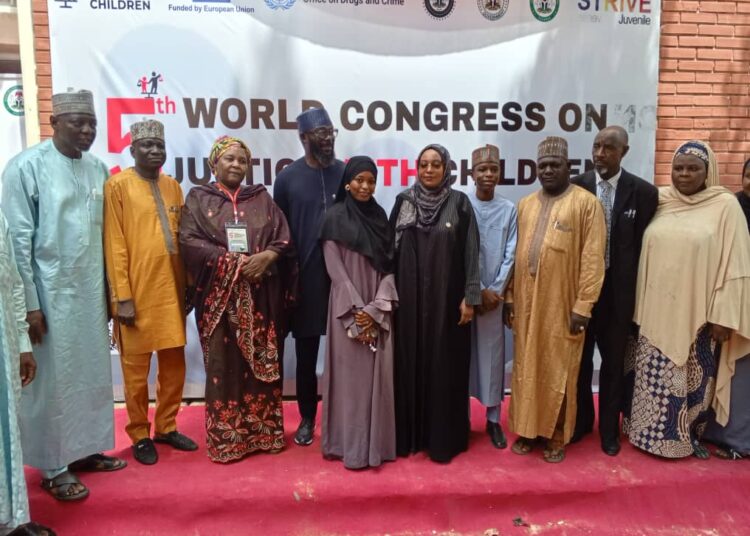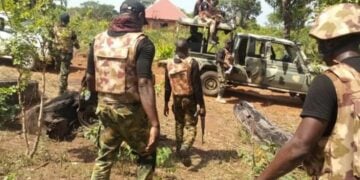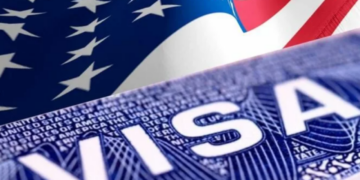The United Nations Office on Drugs and Crimes (UNODC) has revealed that no fewer than 1,385 children were recruited by Boko Haram terrorists between 2017 to 2019 in Borno State and other parts of the North-East.
UNODC’s Country Director in Nigeria, Mr. Cheikh Ousmane Toure disclosed this in Maiduguri on Monday during the 5th World Congress on Justice with Children with the theme: “Advancing Child-Centred Justice: Preventing and Responding to Violence Affecting Children in Justice Systems.”
Toure noted that children in Borno, Adamawa and Yobe States have borne the brunt of the insurgency since 2009, with many abducted, trafficked and forcefully recruited into armed and criminal groups.
“Available reports indicate that at least 1,385 children were recruited between 2017 and 2019 alone,” the Country Director said.
He called for urgent and sustained action to protect children affected by violence and conflict, particularly in the North-East where thousands continue to be exploited by terrorist groups.
“These figures are not just statistics. Each one represents a child whose life, dignity, and future are at risk. About 60 percent of those affected are youths. Nigeria’s development depends on the protection and empowerment of its young population,” Toure said.
He commended the resilience of young people in the region, particularly the Youth Peace Champions, an initiative supported by UNODC to empower youths as advocates for peace and child protection.
“These courageous young leaders are mentoring their peers, raising awareness, and advocating for justice that restores rather than retraumatises,” Toure said.
“They are building resilience from the ground up and showing what inclusive development looks like.”
Since assuming office in Nigeria in October 2024, Toure said he has prioritised youth-led initiatives and women’s empowerment across all UNODC programmes.
“Every project must deliver measurable results—especially for youths, women, and persons with disabilities,” he said.
He expressed optimism that the Youth Peace Champions in the North-East would inspire similar efforts across other regions, including the North-West, North-Central and other parts in the South.
“This is the inclusive approach Nigeria needs right now. The voices of these young people must be heard—locally, nationally, and globally,” he added.
Toure urged government stakeholders, justice actors, development partners and civil society organisations to move from declarations to concrete actions.
“The protection of children is not optional. Prevention demands more than rhetoric, it requires resources, commitment, and accountability,” he said.
“Together, we can build a future where no child is left behind—and where every child has the chance to contribute to Nigeria’s full development potential,” Toure added.
Speaking, Borno State Governor, Prof Babagana Zulum assured that the children of the state will be prioritised in the decision-making process, particularly in matters relating to them and juvenile justice.
Zulum, represented by the Commissioner of Justice, Hauwa Mohammed, described the satellite event as timely, considering how the children in the state suffered physically, emotionally, and psychologically during the over-a-decade-long Boko Haram insurgency.
He promised that children affected by conflicts will not be allowed to be used or recruited as child soldiers.
He pledged that the state government, through the Ministries of Justice and Women’s Affairs and Social Development, will ensure that children’s rights are protected and that more collaborative efforts will be made to ensure that they get what they deserve in terms of education, justice, welfare, and protection against hard labour and being used in the fight against conflict.










